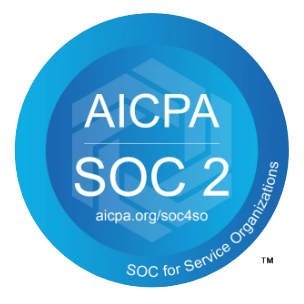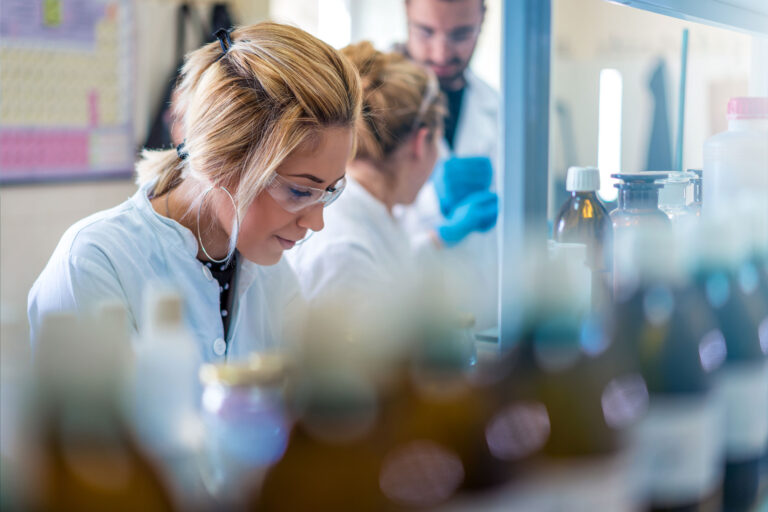A Single Unified Solution
IT + Security + Compliance
KalioTek specializes in supporting venture-funded life sciences and technology companies from startup through IPO or acquisition.

Selecting an MSP?
See our selection checklist

Selecting an MSP?
See our selection checklist
A Single Unified Solution
IT + Security + Compliance

Medical Device Biotech, BioPharma
Life Sciences
Partnering with Life Science companies from startup through exit since 2002. We know your challenges and the dynamic world you must navigate.
Artificial Intelligence
Artificial Intelligence
Startups in the new wave of AI and SaaS solutions have something in common – they need to move fast to establish their presence in a market that is changing daily.
At KalioTek, we help AI/Software companies focus on their core business so they can achieve their aggressive goals – getting to market faster, setting up scalable processes, and knocking down compliance barriers.


Venture-funded Growth
Emerging Technology
Our Expertise
Achieve Your Goals
IT Leadership and Execution
- A strategic partnership from startup to IPO or acquisition, and beyond.
- Experienced IT & Security Director consultants meet with you regularly.
- A stable virtual team provides continuity and reliability as your organization changes, in a fully outsourced or co-managed model.
Managed IT + Security Services
- Start with the end in mind. You’re planning to grow. The overlapping requirements for well-designed IT, Security and Regulatory Compliance can be built efficiently and in parallel with proper planning.
- You’ll be ready for opportunities instead of scrambling to catch up.
- Learn how to stay ahead of the curve.
Solution Implementation Projects
- KalioTek helps you select and implement a wide variety of IT and security applications you may need as you grow.
- We are customer-focused consultants, helping you select the best solutions for your company’s budget and requirements.
- Our focus on growth companies with similar needs helps us stay abreast of the evolving technologies and market. Our staff of senior consultants implements them quickly and efficiently.

Venture-Funded Focus
Our focus on supporting venture funded companies since 2002 sets us apart from those who prefer more “predictable” clients.
We thrive on the challenge of dynamic change and pivoting on short notice. Our experienced consultants are well-matched to work with highly educated, technically savvy teams.

Staged Approach
KalioTek delivers the capabilities needed for each stage of growth with a sensible, phased approach.
We’ve taken the journey many times and understand what’s coming, from early stage to exit and beyond.
We establish a solid foundation to prevent the need to replace systems as you grow.

Best-of-Breed Tech
Ambitious emerging companies don’t have the same needs as small businesses or large enterprises.
They demand solutions that are technically superior and scalable, yet affordable.
Our recommendations are based on our clients’ unique requirements with technologies that serve long term needs. We don’t push products to forward our own agenda.